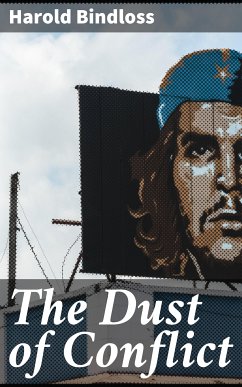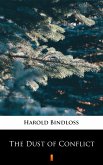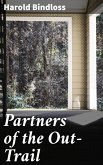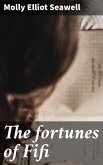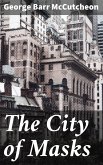In "The Dust of Conflict," Harold Bindloss crafts a compelling narrative set against the backdrop of the early 20th century, exploring the complexities of colonial life and the moral ambiguities of imperialism. Through vivid descriptions and poignant characterizations, Bindloss delves into the psychological turmoil experienced by both colonizers and the indigenous populations they encounter. His writing style, marked by rich imagery and a keen sense of place, situates the reader within the political and social tensions of the era, making it not only a tale of adventure but also a profound commentary on the struggles for identity and autonomy amidst conflict. Harold Bindloss, a Canadian author and adventurer, was deeply influenced by his own experiences in the Canadian wilderness and his observations of British colonial life. These experiences informed his narrative choices in "The Dust of Conflict," allowing him to imbue his characters with authenticity rooted in tangible conflicts and moral dilemmas. Bindloss, who wrote extensively on themes of exploration and societal change, sought to shed light on the often overlooked consequences of colonialism, making this work particularly relevant in the context of modern discussions surrounding post-colonial criticism. Readers seeking a nuanced exploration of the duality of human nature in the face of conflict will find "The Dust of Conflict" an enlightening addition to their literary repertoire. Bindloss'Äôs skillful blend of adventure and social critique not only captivates but also invites reflection on the history of colonialism and its lasting impact. This book is a must-read for those interested in the intersections of literature, history, and human experience.
Dieser Download kann aus rechtlichen Gründen nur mit Rechnungsadresse in A, B, BG, CY, CZ, D, DK, EW, FIN, F, GR, H, IRL, I, LT, L, LR, M, NL, PL, P, R, S, SLO, SK ausgeliefert werden.

